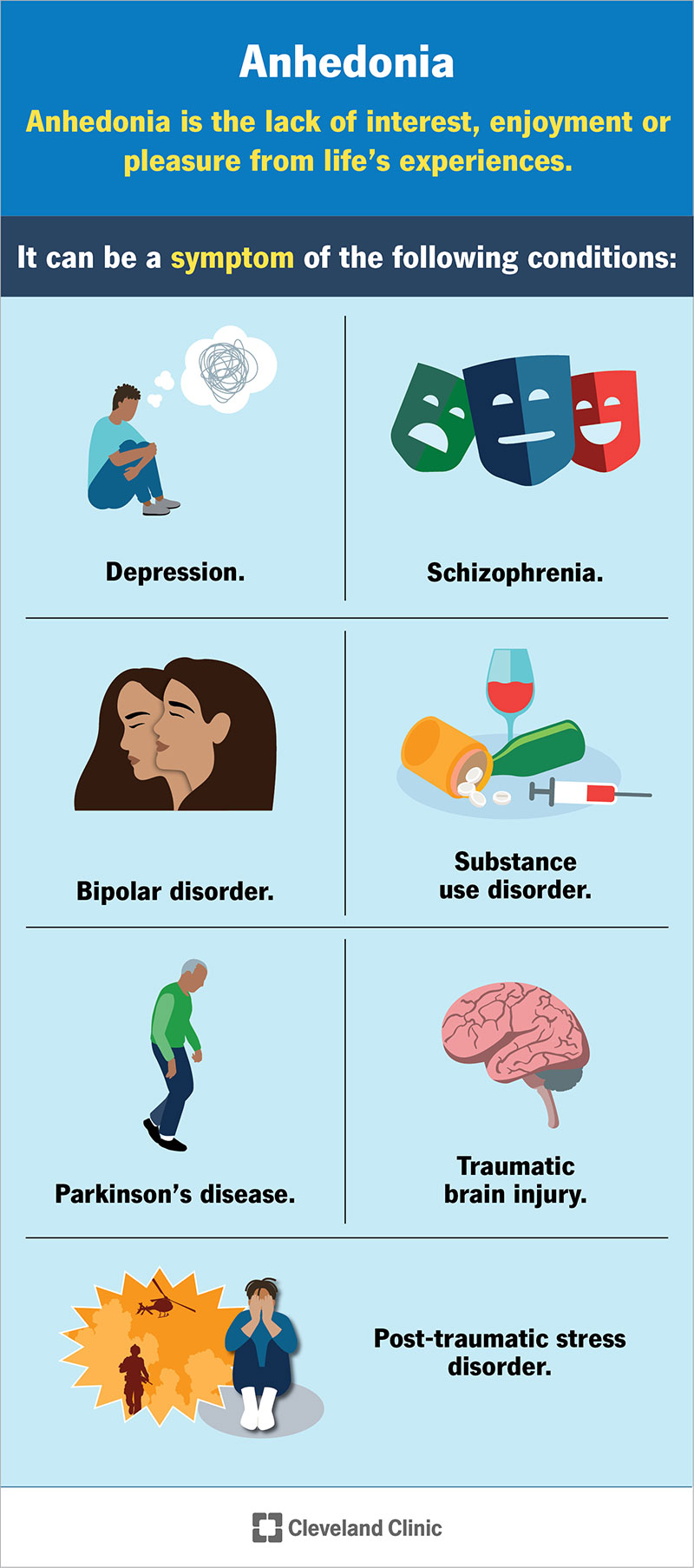What Is Anhedonia? Causes, Effects, and Treatment Options
What is Anhedonia?
Anhedonia, derived from the Greek terms “anhedonos” (without pleasure) and “anos” (not), is a complex psychological symptom that signifies a pervasive inability to experience pleasure. It goes beyond mere lack of enthusiasm; individuals suffering from anhedonia find ordinary activities—such as spending time with loved ones, engaging in hobbies, or exercising—hollow and devoid of satisfaction. Imagine waking up with the anticipation of excitement, only to feel disconnected from the world around you. This symptom is frequently associated with various mental health conditions, including depression, anxiety, PTSD, and schizoaffective disorder.
Research shows that several triggers can exacerbate the risk of developing anhedonia, with genetics, mood disorders, and challenges in maintaining healthy relationships being significant factors. Individuals facing life stressors and traumatic experiences may face an increased susceptibility due to their biological and psychological makeup. Understanding the interplay between anhedonia and trauma is essential, particularly for survivors of abuse and other significant emotional distress.

Expanded Overview and Historical Context
Anhedonia is a psychiatric symptom impacting those who struggle to find enjoyment in activities once pleasurable, affecting a significant number of individuals with mental health issues like depression and PTSD. Historically, anhedonia has shifted from being viewed merely as apathy to being recognized as a symptom deeply embedded in psychiatric definitions, chiefly popularized by psychiatrist Emil Kraepelin in the late 19th century.
Common manifestations include a lack of pleasure in physical activities (physical anhedonia) and social interactions (social anhedonia). The onset of anhedonia can be impacted by genetic predispositions and environmental factors, spotlighting the necessity of recognizing the emotion’s deeper roots rather than perceiving it as a standalone condition.
Linked Concepts and Definitions
Understanding anhedonia is paramount, particularly when linked to other mental health conditions. For example, around 85% of individuals with Major Depressive Disorder (MDD) experience significant anhedonia symptoms.
- Depression and Anhedonia: Anhedonia is often intertwined with depression, making everyday activities feel unfulfilling. A case study of a marketing professional suffering from MDD demonstrates the profound effect this condition can have on quality of life.
- Post-Traumatic Stress Disorder (PTSD) and Anhedonia: Individuals with PTSD frequently report a disconnection from pleasurable activities, linking anhedonia's experience directly to traumatic encounters.
- Bipolar Disorder and Anhedonia: During depressive phases of bipolar disorder, anhedonia can manifest, showcasing a disconnection from activities previously enjoyed.
- Anhedonia and Burnout: Continuous stress can lead to burnout and subsequent anhedonia, exemplified by an overworked teacher losing interest in previously enjoyed activities.
- Other Conditions Associated with Anhedonia: Conditions like anxiety disorders and eating disorders are also connected to anhedonia, leading to dysregulated emotional responses.
By recognizing the intricate web of connections tied to anhedonia, individuals can gain critical insights into the complexities of this troubling symptom.
Key Parts of Anhedonia and Treatment Approaches
Anhedonia affects individuals deeply, making it essential to understand its components alongside effective treatment strategies. Notable approaches include cognitive-behavioral therapy (CBT), medication, mindfulness therapies, and social support.
Conclusion: Anhedonia is a nuanced condition affecting many, yet understanding its causes and treatments can significantly impact recovery.
For those using tools like GoblinX for anxiety and ADHD support, recognizing symptoms such as anhedonia can facilitate early intervention and more effective treatment. The GoblinX website provides additional resources to better comprehend and manage symptoms of anxiety, ADHD, and related conditions.
Relevant Research and References
Anhedonia's study encompasses genetics, neurobiology, and psychological frameworks. Articulating its complexities encourages better treatment strategies and outcomes for affected individuals.
- Anhedonia: What It Is, Causes, Symptoms
- Anhedonia - Wikipedia
- Anhedonia: What to Do When You Can't Experience Pleasure
- Anhedonia - Psychology Today
- Anhedonia Causes, Symptoms, and Treatment
- Anhedonia: Symptoms, Treatment, and More - Healthline
- Anhedonia in depression: biological mechanisms and treatment perspectives